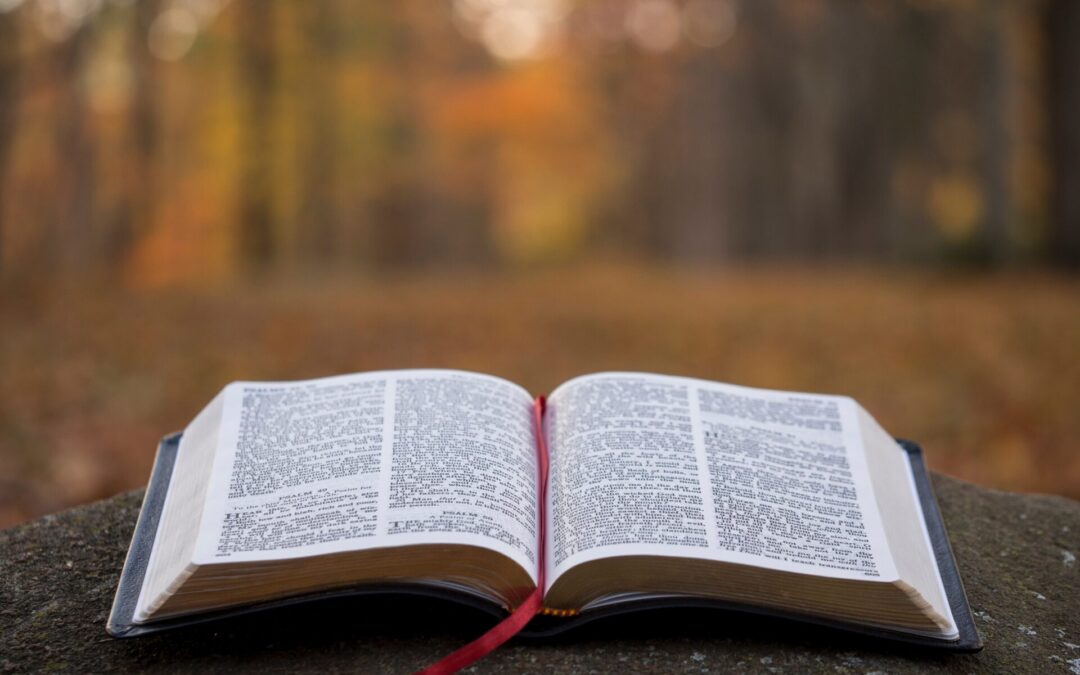
Starting the new church year reading the NRSVue
My congregation will begin reading from the NRSVue at the beginning of the new church year, the first Sunday of Advent. I am looking forward to continuing the journey with them with this “update.”

My congregation will begin reading from the NRSVue at the beginning of the new church year, the first Sunday of Advent. I am looking forward to continuing the journey with them with this “update.”
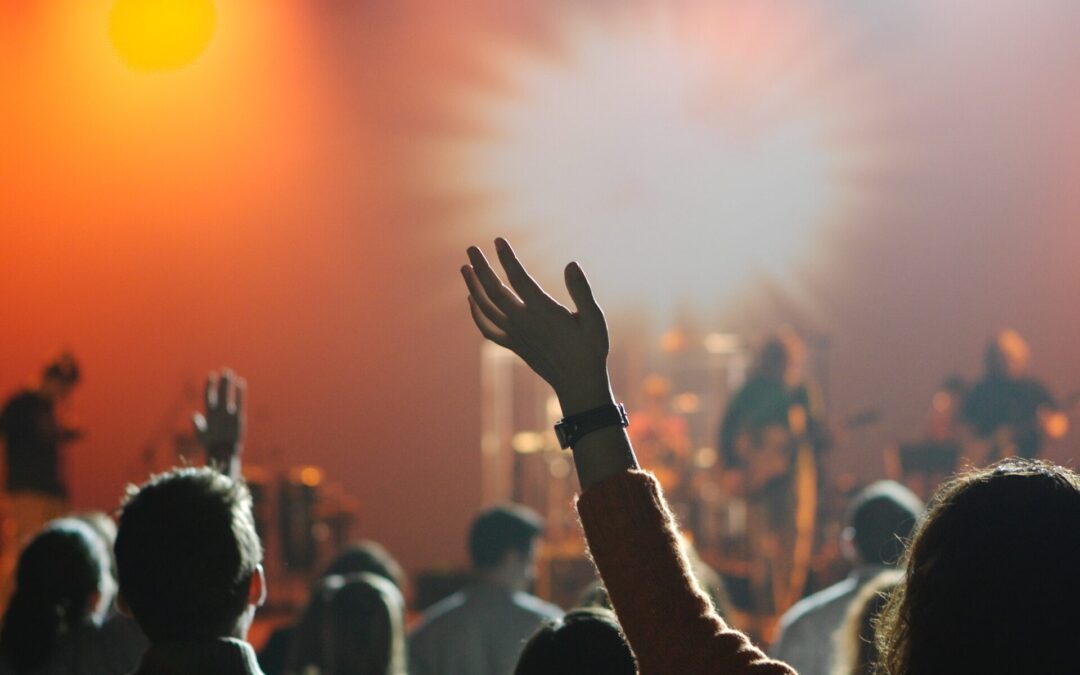
What would an exercise in developing a liturgy that is “of the people” mean? Forget about the divide between those who like liturgy that is rote vs. those who like liturgy that is spontaneous. I’m interested in the actual “heart” of liturgy, why we do what we do or why we even do it in the first place.
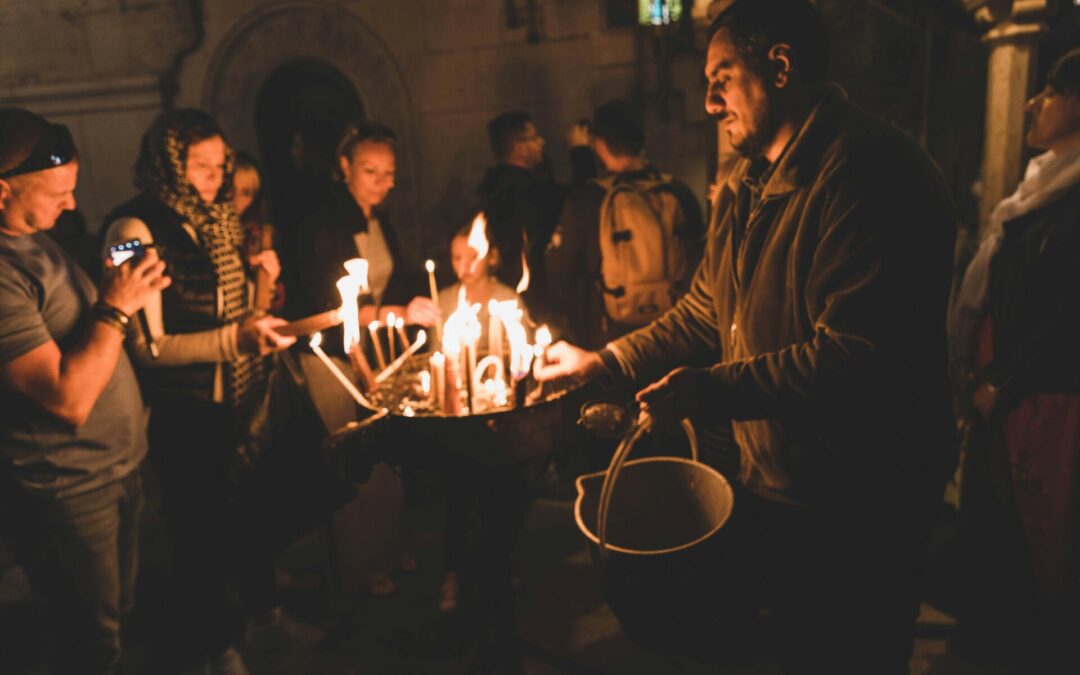
On November 10, the Patriarchs and Heads of the Churches in Jerusalem published a Statement on the Celebration of Advent and Christmas in the Midst of the War. I realized I needed to put the letter in front of our church council to see how, as a congregation, we might want to respond in solidarity. I’d like to invite you to do the same.
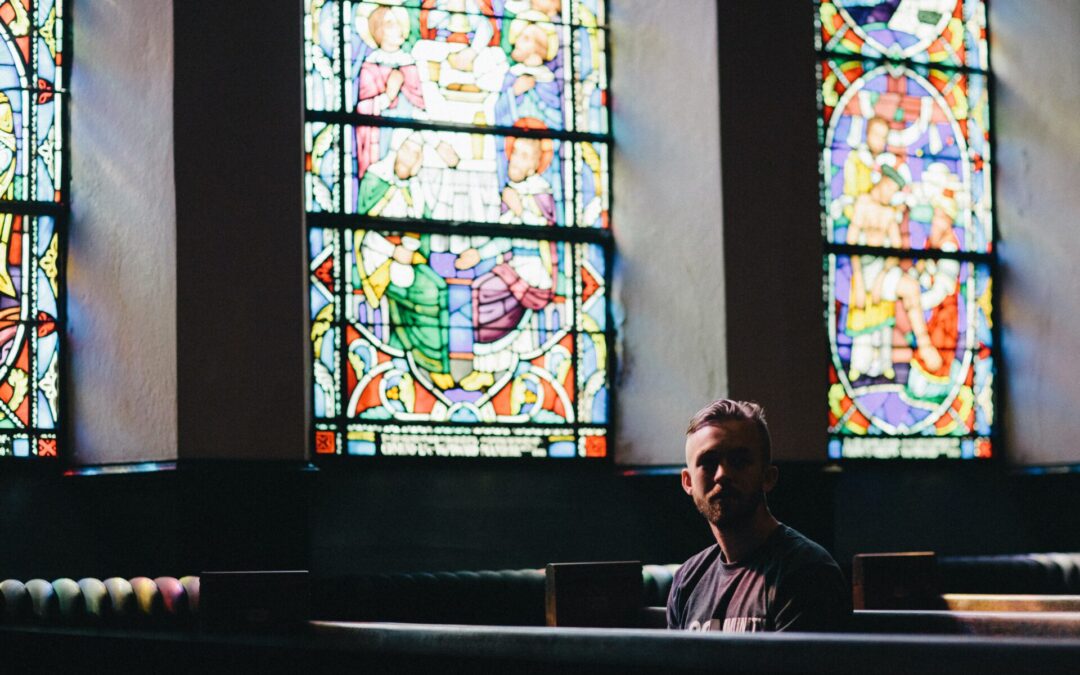
Lately I’ve been thinking that I wish I had a big picture view of church life in North America in the fall of 2023. Then I realized having a big picture view is probably a pipe dream. Part of life in the church in 2023 is just who’s here and who isn’t.
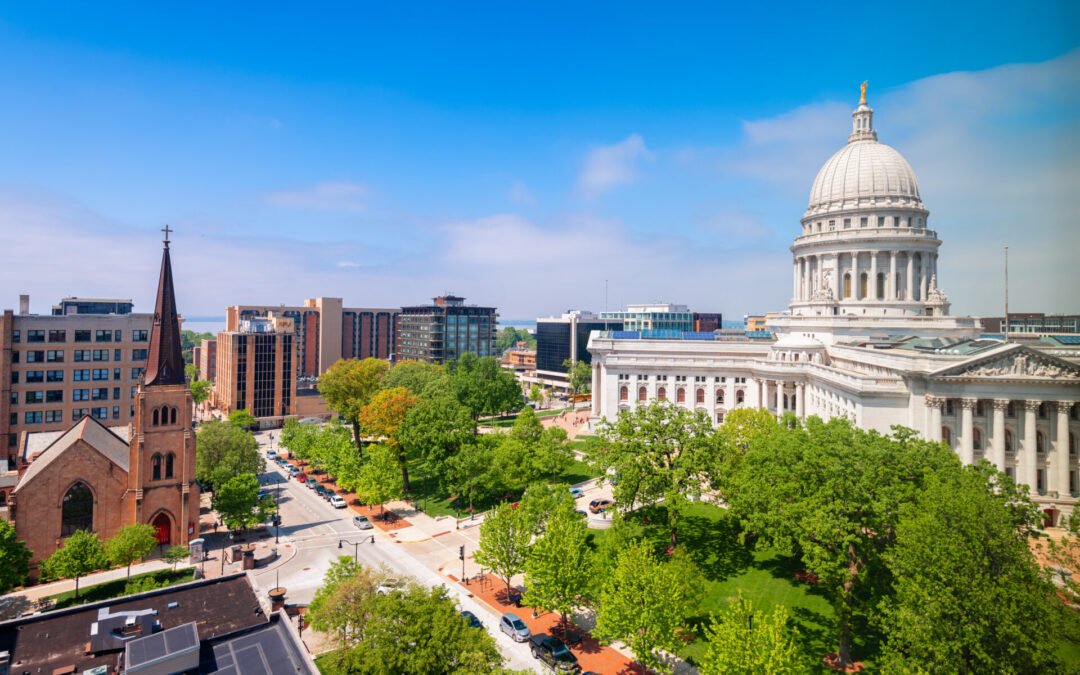
We must disabuse ourselves of the false notion that the church is apolitical. We must overcome the concept, so commonly taught among us, that we might somehow, in separating church from an influence over the state or the state having influence to keep us from being church in certain ways, arrive at some spiritual state of political innocence in which spirituality or religious life is not political.